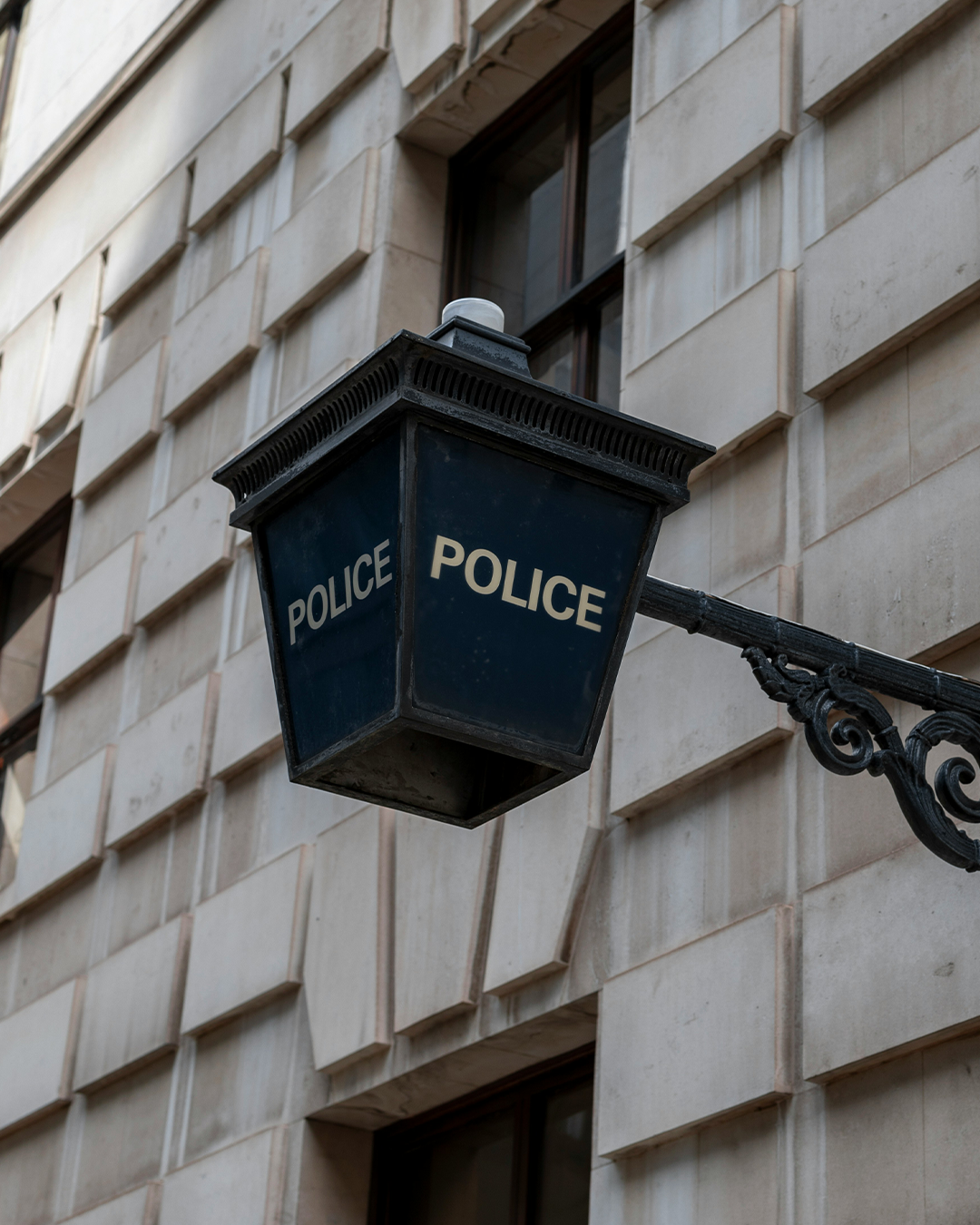Terrorism Legislation: What Art Dealers Need to Know
The Compliance Canvas returns to break down what your obligations are under the Terrorism Act 2000.

The Compliance Canvas returns to break down what your obligations are under the Terrorism Act 2000.
The recent arrest of a dealer featured on Bargain Hunt under terrorism legislation is a stark reminder that the art and antiques market is not immune from serious legal scrutiny.
The conviction of Oghenochuko Ojiri in June, for failing to notify authorities of his sale of artwork to a sanctioned individual, Nazem Ahmed, sent shockwaves across the trade.
The arrest underscored the importance of understanding legal obligations in relation to the Terrorism Act 2000 (which aims to consolidate previous UK anti-terror laws into a single code), and financial sanctions more broadly. The 53-year-old was sentenced to two years and six months imprisonment over the sale of the works, which totalled £140,000 and have since been seized by police.
Why It Matters
Terrorism legislation is far reaching- it criminalises not only direct involvement in terrorism but also the funding, facilitation, and failure to report suspicious activity. This includes handling, trading, or brokering items where the proceeds may support terrorist activity, whether knowingly or through negligence.
Art dealers are at risk if:
Key Compliance Tips
Stay Informed, but efficient
Art dealers must take these risks seriously but by embedding compliance into daily operations and seeking guidance whenever you are unsure, it is possible to protect your business (without a mountain of paperwork).
Arcarta is a Due Diligence platform for the art market and is used by over 400 Art businesses internationally.
To learn more or get in touch please use the Contact page.